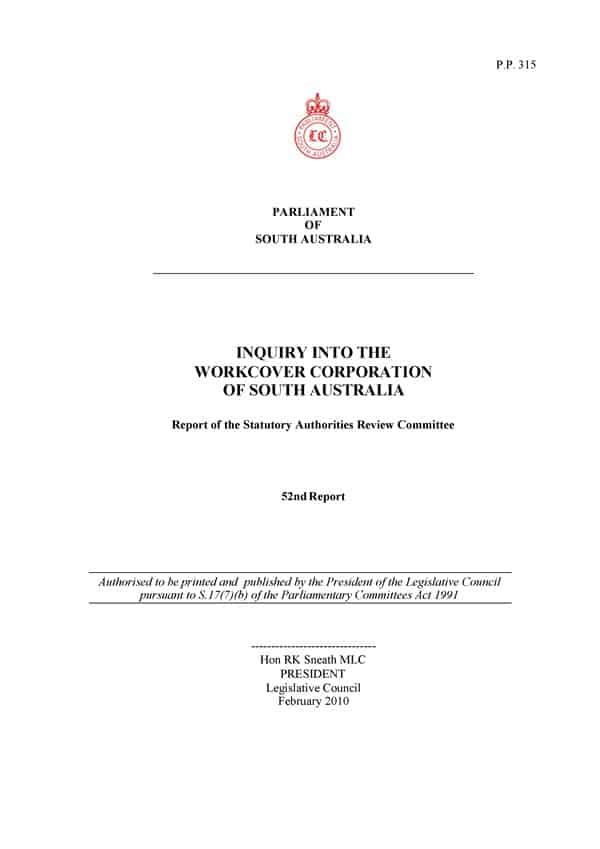On 16 February 2010, I was interviewed by Channel 7 television in Melbourne over 20 minutes of footage they had received that showed unacceptable work practices at a domestic site in Cranbourne.
Emails from friends told me that my words and face were used in promotional ads by the TV program. At the time of writing this, I have not seen the ads and I have no idea what words of mine they will use in the program to be broadcast this evening, 17 February 2010. [Video now available online]
Today Tonight has video of two men who are installing fibreglass insulation into a domestic roof space after having made an entry by removing some roof tiles. The men were employed to undertake the work by a company that has registered with the Australian Government for the task. The workers are equipped with face masks, gloves and coveralls. No fall protection was provided. Continue reading “Television exposé of children at risk on roof insulation worksite”

